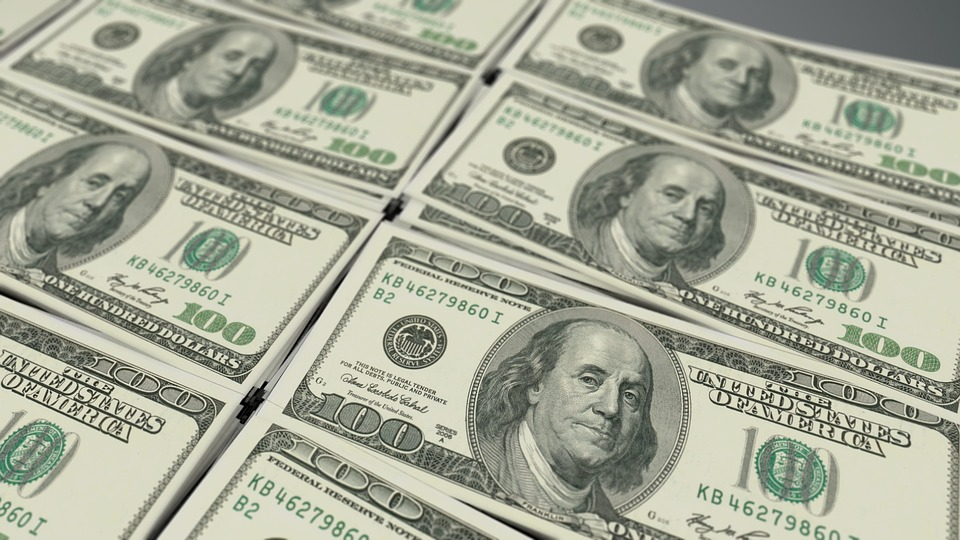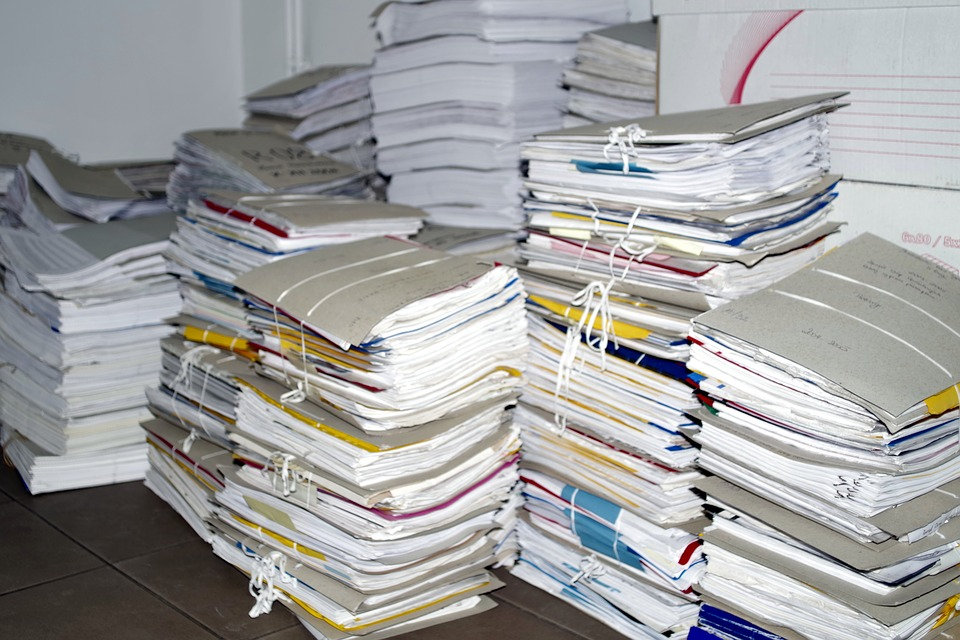Pandora Papers Reveal Shocking Secrets Of The Rich And Powerful
The Pandora Papers leak has exposed the world's richest and most powerful.
This article is more than 2 years old

Millions of documents, unlocking the financial secrets of politicians, billionaires and criminals have been leaked globally. Aptly named the Pandora Papers the information includes 11.9 million files from companies hired by very rich clients to create offshore structures and trusts in tax havens like Panama, Dubai, Monaco, Switzerland, and the Cayman Islands.
The Pandora Papers also shine a light on the secret finances of 35 world leaders. The International Consortium of Investigative Journalists (ICIJ), a Washington, D.C.-based network of reporters and media organizations, said the files are linked to current and former presidents, prime ministers, heads of state, and more than 300 other public officials across 90 different countries. The documents span five decades, with most created between 1996 and 2020.
Celebrities, rock stars, and various business leaders’ financial secrets have also been exposed in the leak. According to the Pandora Papers, these individuals use shell companies to hold luxury items such as property and yachts, as well as incognito bank accounts. And their hoard of riches doesn’t stop at money. Art ranging from looted Cambodian antiquities to paintings by Picasso and murals by Banksy are also mentioned in the documents.
Essentially, the Pandora Papers reveal the inner workings of a financial world that has existed in the shadows for decades. And now, anyone with access to these documents has the opportunity to gain insight into the hidden operations of a global offshore economy that allows some of the world’s richest people to hide their wealth, while paying very little or no tax.

Interestingly, the Pandora Papers records amounting to about 2.94 terabytes of data came five years after a previous leak known as the Panama Papers which was based on a leak from a single law firm. Those papers exposed how money was hidden by the wealthy in ways that law enforcement agencies could not detect (via The Guardian).
How the Pandora Papers were obtained is still unknown at this time, and various independent sources could not verify the reports or the documents detailed by the consortium. While the use of off-shore companies is not illegal or (on its own) evidence of wrongdoing, news organizations in the consortium said such transactions could be used to hide various business deals from tax collectors and other authorities.
While there are some legitimate reasons to have an offshore account, the secrecy it provides can be a problem. It can provide cover to illicit money flows, enabling bribery, money laundering, tax evasion, terrorism financing and human trafficking, and other human rights abuses. As such, reporting by the ICIJ and its partners has challenged the offshore industry’s claims that service providers judiciously vet clients and strive to act within the law. The Pandora Papers only throw more fuel onto this fire.
So why should we care if some rich folks’ secret stash of wealth was exposed? Well, by some estimates ten percent of the world’s total economic output is stored in offshore financial centers, costing governments billions of dollars in lost revenue. That money could be spent on roads, hospitals, and schools. Experts say poor nations are disproportionately harmed by the stashing of wealth in tax havens, which starves treasuries of funds. The investigation into the Pandora Papers also shows that little has changed since the Panama Papers were leaked all those years ago.





